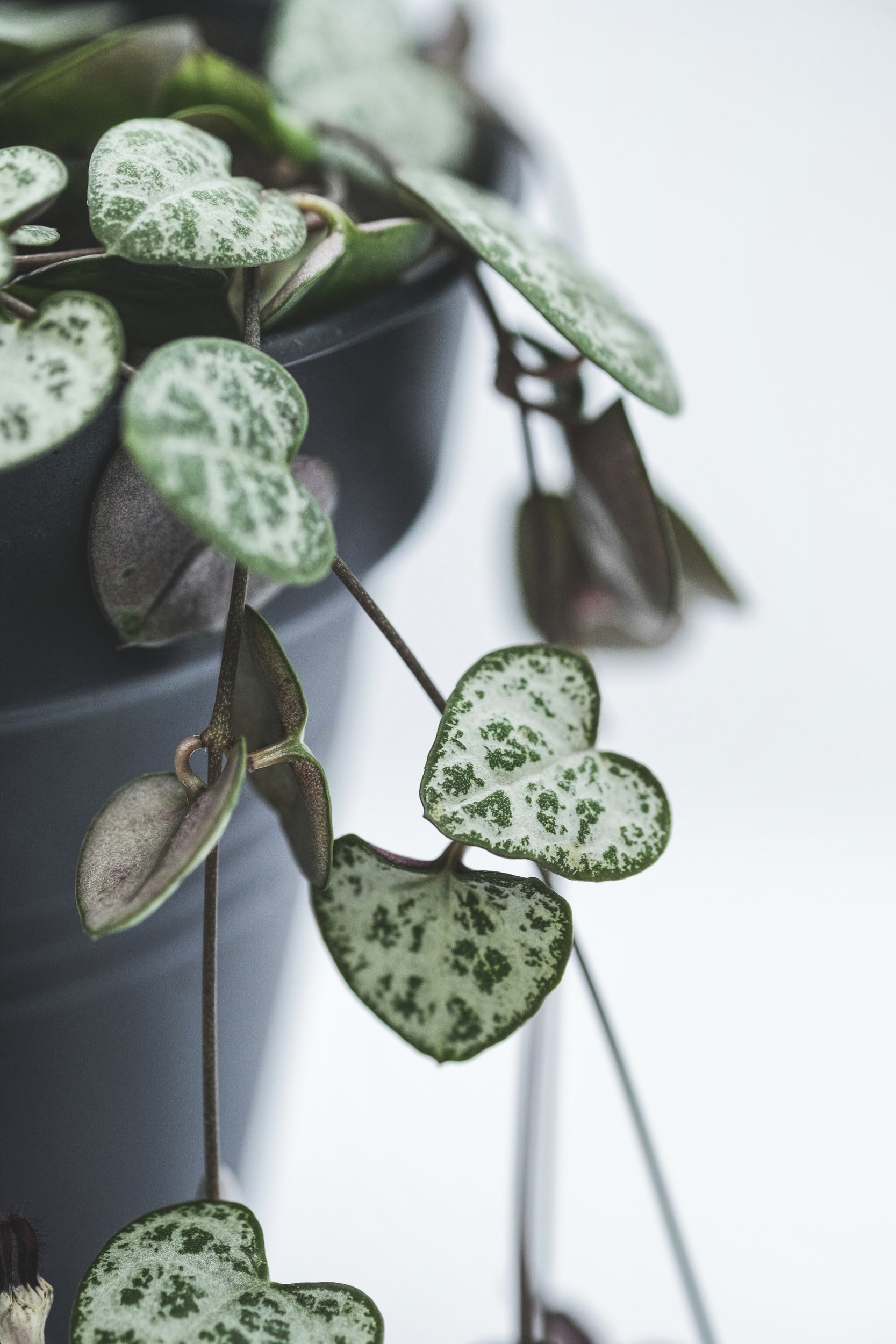Heart Dudes
I should remember making a scalpel cut along her sternum or how we cranked open her rib cage to lift her muscled organ and its great vessels from the chest cavity, but all memories of my medical school cadaver’s cardiac dissection are gone. Other than the medical facts drilled into my brain, I don’t remember much from those years. I do remember later that night, hands smelling of formalin and corpse, listening with a stethoscope to my own slowly-beating heart. What would it endure before it stopped? Fear of failure hung over my head like a cartoon bank safe swinging from a frayed rope. To manage my stress, I studied, exercised, counted calories, and drank myself to sleep every night. My pulse started tripping out of rhythm, sometimes stopping for long, chest-caving moments, then skittering ahead in a flutter of beats.
Just after residency, when my anorexia was at its worst, this heart was the focus. Echocardiograms, stress tests, cardiologists, weekly EKGs, Holter monitors. Wide-eyed, three doctors – embarrassingly, all close colleagues – tried to convey their deep concern at my too-slow heart rate of 27 beats per minute.
“I feel fine,” I protested, silent about the arrhythmias and aching chest pain that I refused to admit scared me, too. “It’s really not a problem. I’m an endurance athlete… I’m a doctor!” They looked at me skeptically, not buying my excuses.
I pictured it, my heart: an ornate Victorian cage hanging from arched roof ribs, swaying gently. I knew that the gasping bird inside wasn’t the problem; she was the sentinel canary. But no one else seemed to understand this. How could I gently release the rope suspending the steel bank safe of stress without crushing myself underneath?
During my fluorescent-lit workdays, I straddled a stool in my physician’s white coat and explained the heart’s pumping action to my patients. Lub-dub, lub-dub, left hand atrium squeeze, right hand ventricle beat. I pressed my stethoscope against bare chests and listened. “Your heart sounds strong and healthy, regular beats, no murmurs,” or “You are still in atrial fibrillation, but beautifully rate controlled.” My patients left with a little more spring in their step. Sometime I stopped outside patient rooms to lean against a wall, pressing a hand to my sternum as my own heart fluttered and ached.
I imagine this little crew of dudes running around inside my heart, keeping me safe. Gray jumpsuits, well-thumbed garrison caps, and serious faces, my cardiac coast guard runs ladders up inside the chambers to check the tensile strength of the chordae tendineae. They yell to each other over the deafening whoosh-thump as each valve pries open and slams shut. The coordination of atria filling the ventricles, followed by the thrust of those second and fourth chambers is the perfect drop kick, the one-two roundhouse of blood flow. During those years, my heart dudes had foreheads creased with worry lines.
“Do we have enough power?,” they yelled to each other. “Will we make it?”
After several years of trying, I finally stopped drinking (“put the plug in the jug,” as they say), which made many things better, but made eating harder. I eventually agreed to enter an intensive outpatient recovery program. Until that moment, through medical school and residency, I had never taken a sick day. How my ego prickled to be out of work for six weeks! I hated it, but I wanted to cradle my heart’s canary in my hands and figure out how to keep her safe. So, I tried. I started painting. I stopped my ultramarathons. I agreed to therapy. I wish this had been the end, the magic cure-all, that long-sought mythical single-pill treatment for all maladies, but it wasn’t.
Very slowly, I learned to listen for my quiet, internal birdsong, even when I didn’t want to hear what she was singing. With a different sensation of heartbreak, I separated from my partner of seventeen years, then dismantled the team that kept telling me I was broken. These endings felt like self-evisceration, fracturing, shattering. I painted huge bruised hearts and ripped them into pieces, then painted them back together. I gathered a new team and, with their support, I slowly, tortuously, ascended from my dark cave, one bite of food at a time.
At night, I still lie awake in the dark and place my right hand along my left chest wall, just under my breast. Lub-dub. Lub. (pause) Lub-dub. The beat physically rocks my body. Fingers between ribs, I imagine my heart, crimson, scarlet and mauve, contracting and relaxing under my hand. ‘You are healthy,’ I think. ‘Strong and resilient.’ And my coast guard heart dudes stop for a moment, holding their caps over their hearts in silent gratitude before returning to their work amidst canary song.
Julia McDonald (She/Her/They/Them) is a queer artist, writer, and physician. In the last decade, most of their writing has appeared in mainstream news media as advocacy for patients and commentary on the intersection of politics and medicine. Their non-fiction has been published in Please See Me and in the anthology Beyond Queer Words. They are currently working in Ethiopia and DRC for a global humanitarian organization. You can follow them on IG (@drjuliamcdonald) and blog (https://drjuliamcdonald.wordpress.com)

